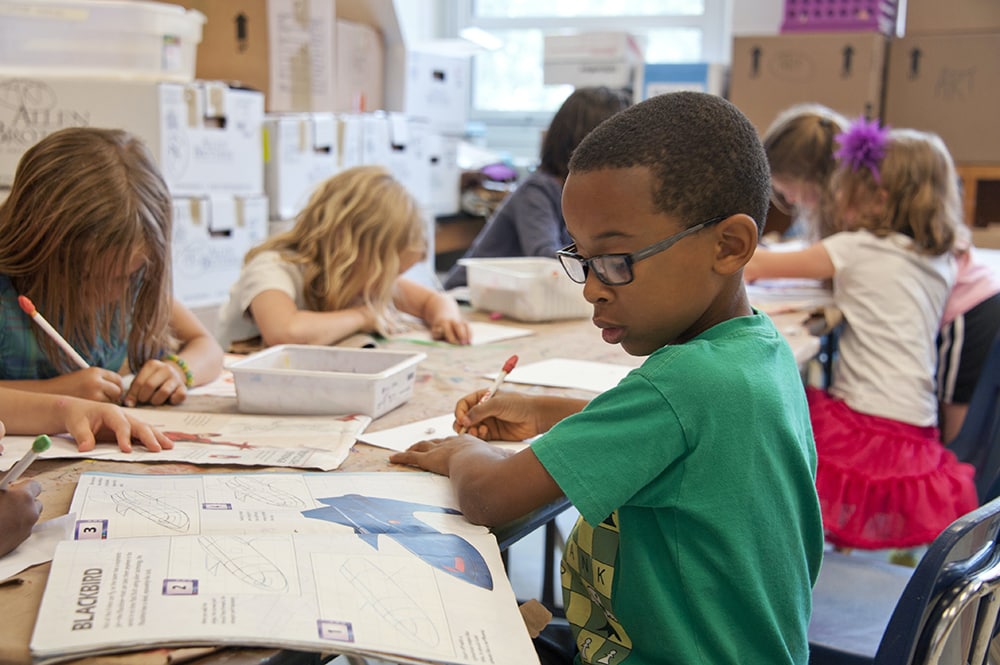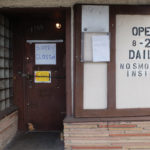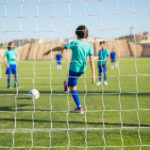In many cases, our children have been the somewhat silent victims of the slowing but ongoing pandemic — mainly because they are kids and not adults. They were shut out of their schools and forced to “go to class” on a laptop. They could not hang with their friends, engage in sports, or attend school and community events. Many dealt with one or more parents losing their jobs, with the result too often being a lack of food, excess alcohol use, and sadly, child abuse growing in the home. For some, they saw family members get sick and many times die. And while things seem to be getting much closer to being “normal,” the reality is that a layering-on of these challenges and tragedies has resulted in hampering our children’s development — sometimes physically, through a lack of nourishment; educationally, through a “lost year” that could take years to catch up from, if at all; and most concerning — mentally, due to the stressors noted here and many more.
FOOD INSECURITY. The reality in our country and community is that far too many children do not have enough food to eat on a daily basis. Before the pandemic, 25 percent of all children in this country were said to be “food insecure” — that percentage has only grown since then. Proper nourishment affects their physical growth, the ability to learn, and their mental wellness. A lack of food contributes to a lacking in one or more of these very important areas of youth development. At the Boys & Girls Club, we instituted our Weekend Wellness program each Friday, where we provide enough food for an entire family from Friday evening through Sunday night. We will soon be opening “Community Pantries” at our eight traditional Club sites where families can secure basic foodstuffs each day to take home and nourish their children for breakfast, lunch, or dinner. Lastly, we provide a snack and supper each evening to members attending our Clubs after school, assuring they have at least some positive nourishment before going to bed.
LEARNING LOSS. Children were not meant to receive instruction and reinforcement from their teachers while sitting on their couches at their respective homes. And while this long-distance learning, or lack thereof, ended with the start of the current school year, in most cases, students were not in a classroom for 15 months, and the learning loss over that period of time cannot and will not in many cases be made up quickly, if at all. It is incumbent on parents, schools, and youth-serving nonprofits like the Boys & Girls Club to commit to expanded investment in the resources needed to support our children in overcoming this learning loss and catching up. At the Club, we continue to sponsor our basic academic support program daily, which includes homework help, remedial and advanced academic activities, literacy exercises, and group reading activities. And of course, we continue to sponsor our most successful high school College Bound program for over 1,500 teens currently. Lastly, our Bookstore on Wheels program drives to a different school each week to distribute age-appropriate and school district curriculum-aligned books free to all students. Reading is fundamental to all learning, and I am happily biased towards reading an actual book rather than staring at a computer screen.
SOCIAL & EMOTIONAL WELLNESS. The mental well-being of our children is arguably our greatest challenge given the different issues noted here, among others. Depression in our youth coming out of these two years is rampant, and sadly, the thoughts of suicide in youth and especially teens have quadrupled. It is incumbent on us adults to be ever vigilant in identifying the signs of depression and worse and immediately addressing that reality. Some children will require licensed mental health professionals. Others just need adults who have the time and capacity to listen and support. Trauma informed care recognizes and understands the widespread impact of trauma and understands the need to create an environment of healing and recovery, rather than a situation where those we serve could inadvertently be re-traumatized. For schools and youth development programs like the Boys & Girls Club, providing this type of supportive environment that helps our children heal and recover rather than exacerbating the problem is most important. This has taken an expanded training of staff and resources to make the environment children attend to be nurturing and healing. We have tried to keep our Clubs as normal programmatically and supportive as always during the past two years, including fine arts, music, dance, recording arts, STEM activities, and more. But more is required, so we are adding more case managers, expanding our transportation program, and adding sports leagues this month for more children to get “back to normal.” We do this with the complete understanding that programs and activities alone are not enough — compassion and positive reinforcement after months of chaos and anguish are just as important, if not more so.
It is often an overused phrase but relevant here — it truly DOES take a village, especially after what our children have endured. I thank you in advance for understanding their challenges and expanding our collective efforts two years later. spt







Comments